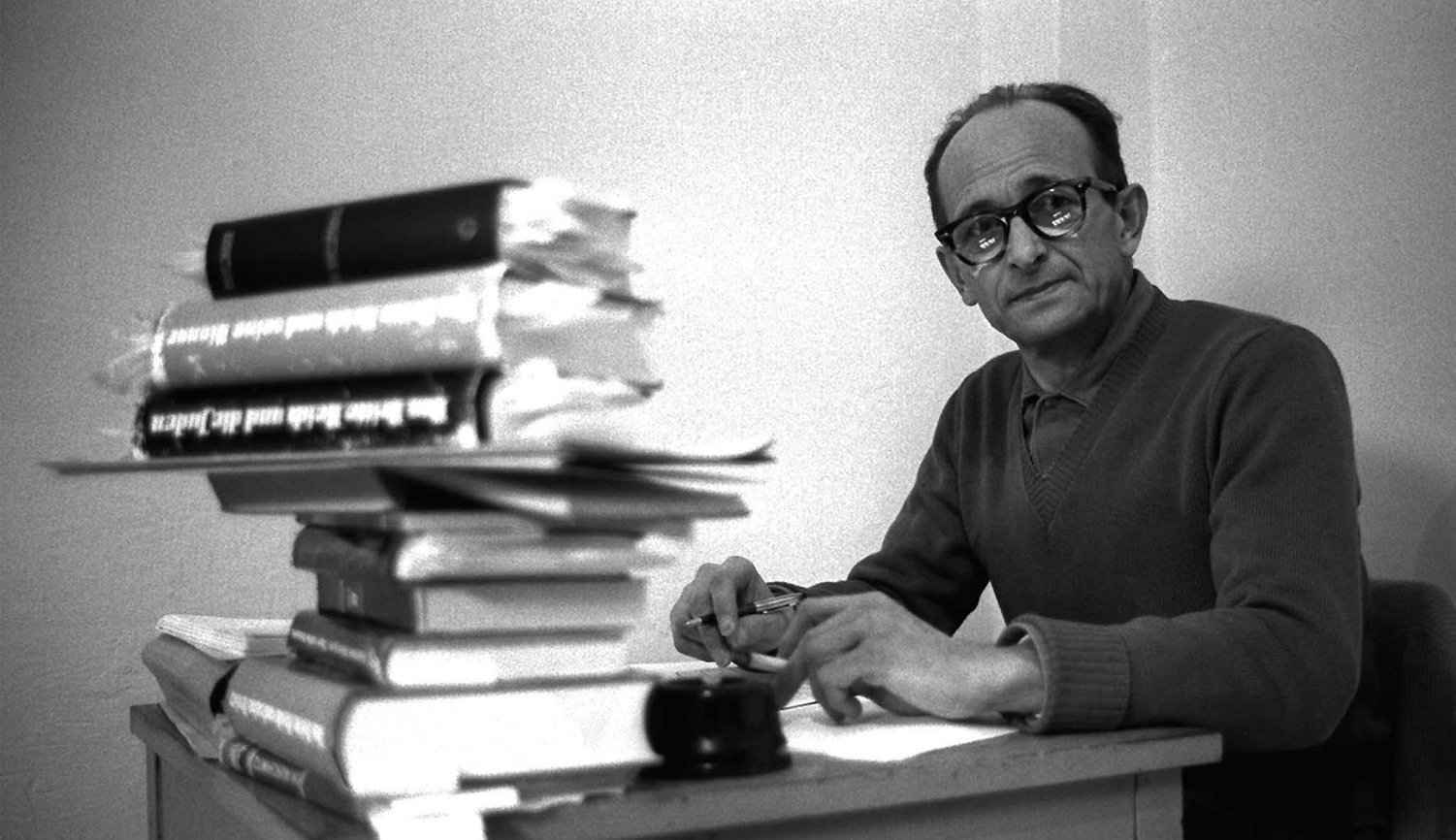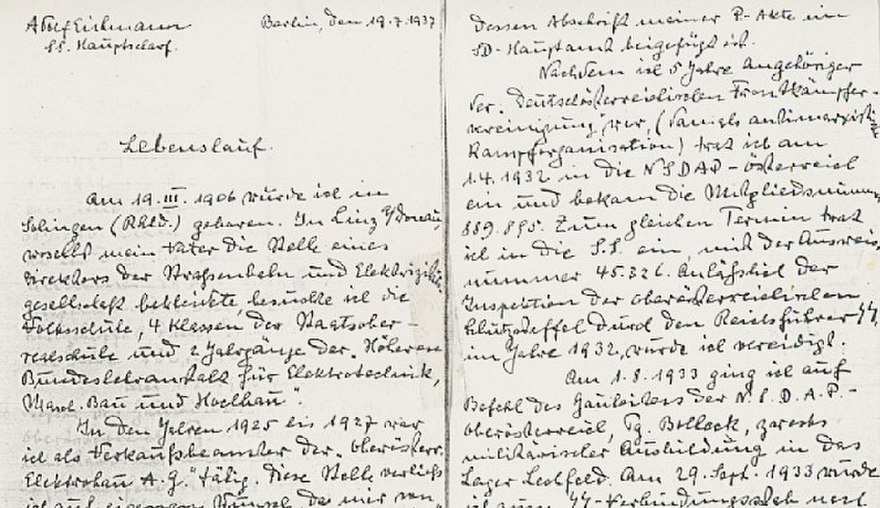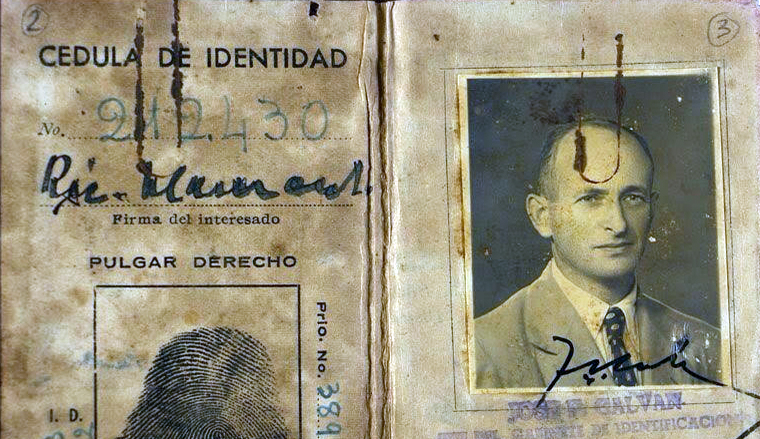Adolf Eichmann
“If we had killed 10.3 million Jews, I would say with satisfaction, ‘Good, we destroyed an enemy.’”
The dangers lurking in false portrayals of the Nazi official show why Holocaust films must be held to account.
Even discussions about one of Israel’s most triumphant moments are bound to be colored by the ongoing struggle over the morality of its actions.
The need is great for accurate cinematic portrayals of not only Eichmann, his capture and his trial, but of the Holocaust itself.
To understand Eichmann, you have to see not his “banality” but how innovative and utterly committed he was as a bureaucrat.
Sixty years ago, the infamous Nazi official was abducted in Argentina and brought to Israel. What really happened, what did Hollywood make up, and why?
A new movie revives an old debate about the banality of evil and the perversity of brilliance.
It also gets right what Hannah Arendt got wrong.
A book that hasn’t lost its ability to appall.
Norman Podhoretz and the question of Jewish passivity during the Holocaust.
A tip from a German lawyer.
He got it from Adolf Eichmann.
Evil, but not so banal.
“We will sing to the Nazis what we cannot say to them.”





